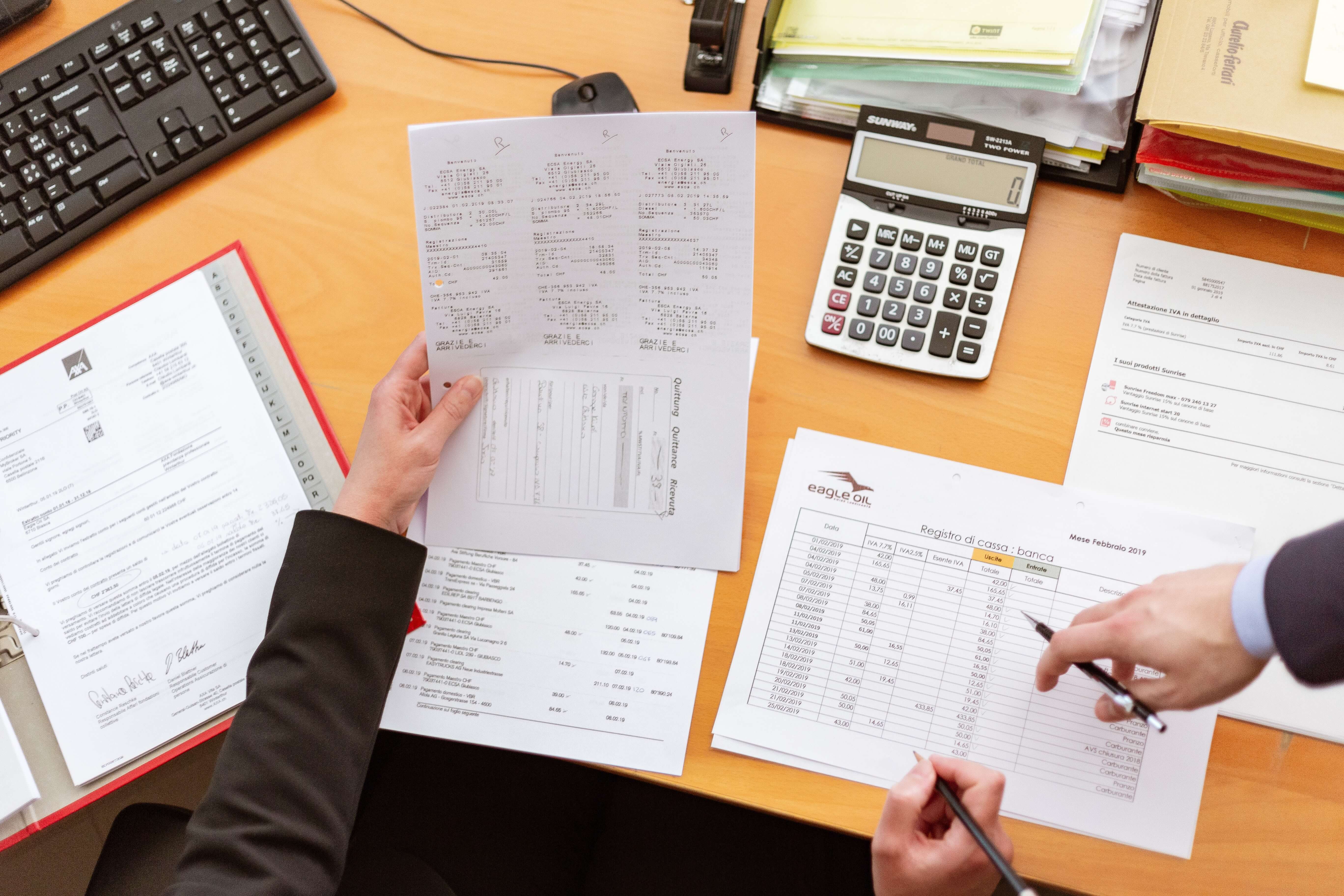More states are plowing ahead with adding a new kind of expense to delivering in the eCommerce age. In what states do you have to watch for retail delivery fees (RDFs)?
Q: Is this a “tax” or a “fee”?
A: Most states refer to it as a fee, a distinction that allows lawmakers to avoid the voting process. RDFs are a relatively new concept: Colorado was first to roll one out, in July 2022. As with many taxes, this was created as one way to generate revenue.
Q: How much is Colorado’s RDF?
A: For fiscal year 2023-2024, 28 cents per package. That increases to 29 cents for FY24/25.
Q: Are there any exemptions in Colorado?
A: There weren’t at first, but after a messy rollout and initial retailer confusion and anger, there’s now a small-seller exemption for companies whose retail sales of tangible personal property, commodities or services in Colorado in the previous year totaled $500,000 or less. The exemption is retroactive to July 2022.
Q: Other states were quick to hop on the economic nexus bandwagon after the Supreme Court’s Wayfair decision in 2018. Are other states thinking RDFs are a good idea?
A: States always think a tax-revenue avenue is a good idea. Minnesota is the only other state with official plans to roll out an RDF, but Illinois and New York are also discussing them. As they begin to roll out these fees, states are taking lessons from Colorado – but as with everything about sales tax, details vary by state. You do need economic nexus in a state for an RDF to apply.
Q: What’s happening with Minnesota?
A: Minnesota’s fee will be effective this July; it’s 50 cents per transaction greater than or equal to $100 and can be collected from the customer or self-remitted by vendor. The invoice line item must indicate “Road Improvement and Food Delivery Fee” if it’s collected from the customer. Minnesota (and Colorado) will auto-register retailers, and there will be a small-seller exemption for companies whose retail sales in the previous year totaled less than $1 million.
Q: Will any products be exempt in Minnesota?
A: A retail delivery to a purchaser who is exempt from sales and use tax is likewise exempt. Also exempt are retail deliveries of a qualified motor vehicle, those resulting from a retail sale of food and food ingredients or prepared food, those resulting from a retail sale by a food and beverage service establishment and those resulting from a retail sale of drugs and medical devices, accessories and supplies or baby products.
(Exemptions in any state with an RDF will of course vary by state and even local jurisdiction. Investigate the jurisdiction into which you’re shipping.)
Q: What’s happening in Illinois and New York?
A: In both, RDF bills are under review in the state senate. Illinois is calling theirs a “tax,” and it would be 0.5% of the retail selling price. New York’s would 25 cents per delivery into the state; it would be billed on the invoice and collected from customers.
Q: Generally about RDFs, what happens to multiple shipments for one order?
A: Again, this can vary by state, but currently in Minnesota and Colorado the number of shipments is not considered. Whether the RDF is subject to sales tax will also vary depending on the state and local jurisdiction.
Q: If items are returned, will the fee be included in a refund?
A: In the states that currently have an RDF, this fee is non-refundable.
Q: Should I collect the fee from my customer or self-remit?
A: Some states will allow an option. Others may say the RDF has to be collected from the customer. In most cases, this will be a separate return from your sales tax return with the same due but possibly a different filing frequency.
Much about RDFs remains undetermined or varies heavily between the two active states. As more jurisdictions potentially add RDFs as an additional way to collect funds, managing your compliance will only become more and more complex.
If you have questions, contact us – we’re always ready to help you deal with the latest developments in sales tax.






.png?width=1200&height=628&name=2023%20logo%20with%20SOC%20and%20clearly%20rated%20(2).png)